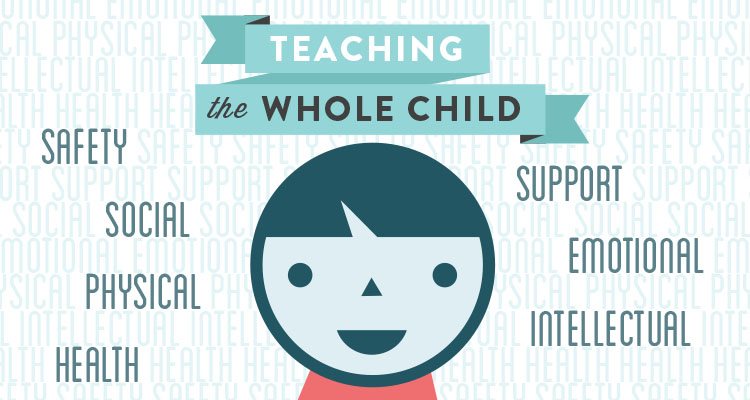In one of his science fiction books, Orson Scott Card describes a futuristic main character who needs to sneak paper-based information out of an area, noting the increased risk because it would look so odd for a student to be carrying paper. Written decades ago, the story was ahead of its time but not completely wrong. Today, increasing numbers of children and teens complete school work and learning activities on computers or mobile devices, and that’s led to a discussion about whether teachers should still teach handwriting to kids at all.
The Common Core standards don’t put much value on handwriting, calling for teachers only at the lowest grade levels to encourage or teach legible print. And cursive handwriting isn’t required at all. With most states adopting these standards, that means an emphasis on handwriting is being phased out across the country. Education experts say there’s more value in spending time on other learning objectives, such as teaching kids to operate keyboards and devices. That does make some sense, given the prevalence of the typed word over the handwritten word in today’s society.
Benefits of Teaching Handwriting
Neuroscientists and psychologists are beginning to raise questions about whether handwriting has unique value. Studies indicate that children who learn to write by hand well (and before they learn to write via keyboard) learn to read quicker, retain information better, and generate ideas easier.
Scientists don’t fully understand the link between handwriting and things like memory, thought processes, and creativity, but they’ve long suspected that the bridge exists. Researchers do know that writing by hand forces a person to slow down, which can help focus and organize thoughts. Handwriting also boosts neural activity in sectors of the brain associated with creativity, and writing things down using a pen and paper has long been a trick to help spark the memory.
Other reasons parents might want their children to learn handwriting include:
- The ability to communicate in a very personal and flexible way, even when devices are not available
- The ability to read handwritten content written by others, including historical documents
- The fact that handwriting may be a tool that helps in addressing developmental difficulties in reading or motor skills
Teaching Handwriting at Home
With so many learning objectives and seemingly never enough class time to get to them all, parents probably won’t see teachers bucking the trend to teach handwriting past the early grades. However, teaching it at home is an option. Here are some tips parents can use to foster handwriting at various ages.
- Invest in lettering and handwriting worksheets for preschoolers and early elementary students. Handwriting pages can be printed from online sites, and inexpensive books are available at dollar stores, department stores, and online retailers. The best benefits of handwriting come when kids perform it freehand, so the goal should always be to eventually move from tracing on worksheets to writing letters and words.
- Encourage older elementary students and up to keep a handwritten journal or correspond with loved ones via handwritten letters. Regular practice helps keep handwriting skills sharpened, and an older loved one might be delighted to participate in a pen pal project.
- Introduce creative teens to the craft side of handwriting. By providing brush pens and other supplies, parents can encourage a love of handwriting that extends beyond so-called practical use and helps older kids continue to practice form.
,










